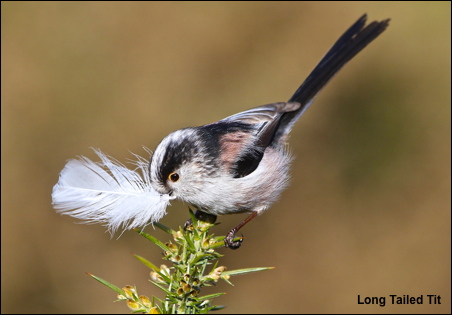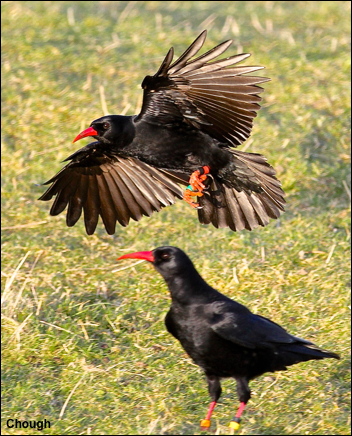March 31, 2018 at 1:27 pm
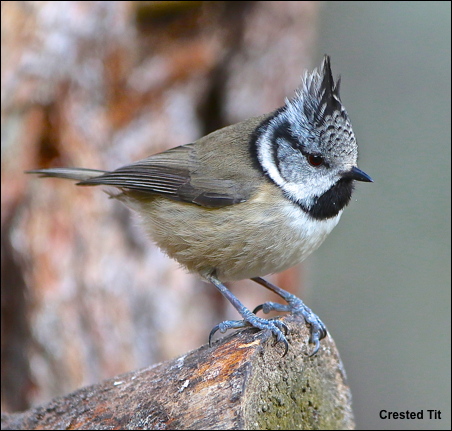
There is no doubt that the top bird on any birdwatcher’s visit to Speyside is the Crested Tit. Normally by late March they are nest-building and very hard to find in the forest. This year, because of the extended winter weather, some were still coming to feeders and I was able to obtain some shots of this forest gem along with some other Caledonian forest birds.
During our short visit to Speyside we had a classic example of how you should always have your camera readily available to take a photo. A full day in the Findhorn valley failed to find any Golden Eagles so the camera was put away as we returned to the Spey valley and called at Boat of Garden community hall to visit the toilets. As we got out of the car anxious calling from Black Headed Gulls caused us to look up and less than thirty feet above was a full adult Golden Eagle with five Gulls mobbing it!! A passing lady, walking her dog, then informed us that it flew over regularly! Click here
March 23, 2018 at 7:43 pm
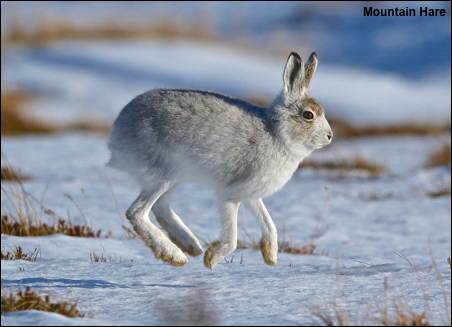
When you have been involved with wildlife all your life there are days that stand out when everything comes good and one of those days occurred this week. With sunshine, no wind and the spectacle of Scotlands Findhorn valley I climbed up into the snows at 3000 feet with camera, lens and tripod and spent a magical couple of hours in the company of twenty one Mountain Hares. It was absolute magic and made even better when a pair of Merlins had an altercation with a pair of Ravens as I trekked back down the mountain. I had surprised myself in being able to climb to the plateaux where the Hares were feeding, complete with all the heavy equipment needed to film them, but realistically will I ever need to do it again? Click here
March 17, 2018 at 8:58 pm
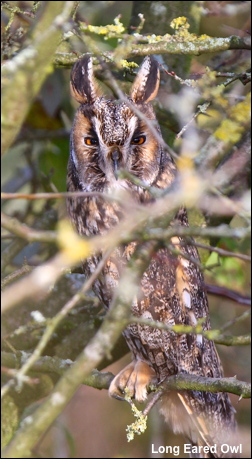
No two years are ever the same in the species that winter in Britain. This winter has seen virtually no Waxwings, a few Fieldfares and hardly any migrant Owls. The photo in this weeks blog is the only Long Eared Owl I have come across despite some searching.It is deep in the cover of a Hawthorne so just to wet the appetite I have included in the gallery some of the most photogenic ones I have come across over the last five years. Click here
If it has been a poor winter for Owls it has been my best ever for Jack Snipe. Todays late sighting has been my 108th since the first on the 10th October which is ten times more than I have ever seen in previous winters in fifty years! With the present weather they will not be flying east too quickly!
March 11, 2018 at 9:10 pm
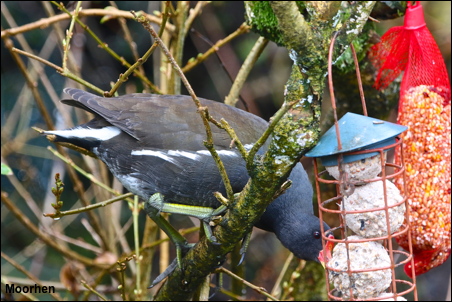
Last weeks severe winter weather had a dramatic effect on the number of birds feeding in the garden and we had a record fourteen Long Tailed Tits and six Reed Buntings. What we didn’t expect was a new species to appear after residing in Castleton for fifty years. As our local canal was frozen inches thick in ice a Moorhen decided to walk into our garden and climbed up to the fat balls. It spent two days coming and going to the fat balls until the canal had thawed out and we have not seen it since. Photos in this weeks gallery.Click here
With the return of spring-like weather this week I found my first frog-spawn on the 7th and encountered my first male Adder on the same date even though the temperature was only 8 degrees C and there was snow on the ground!
